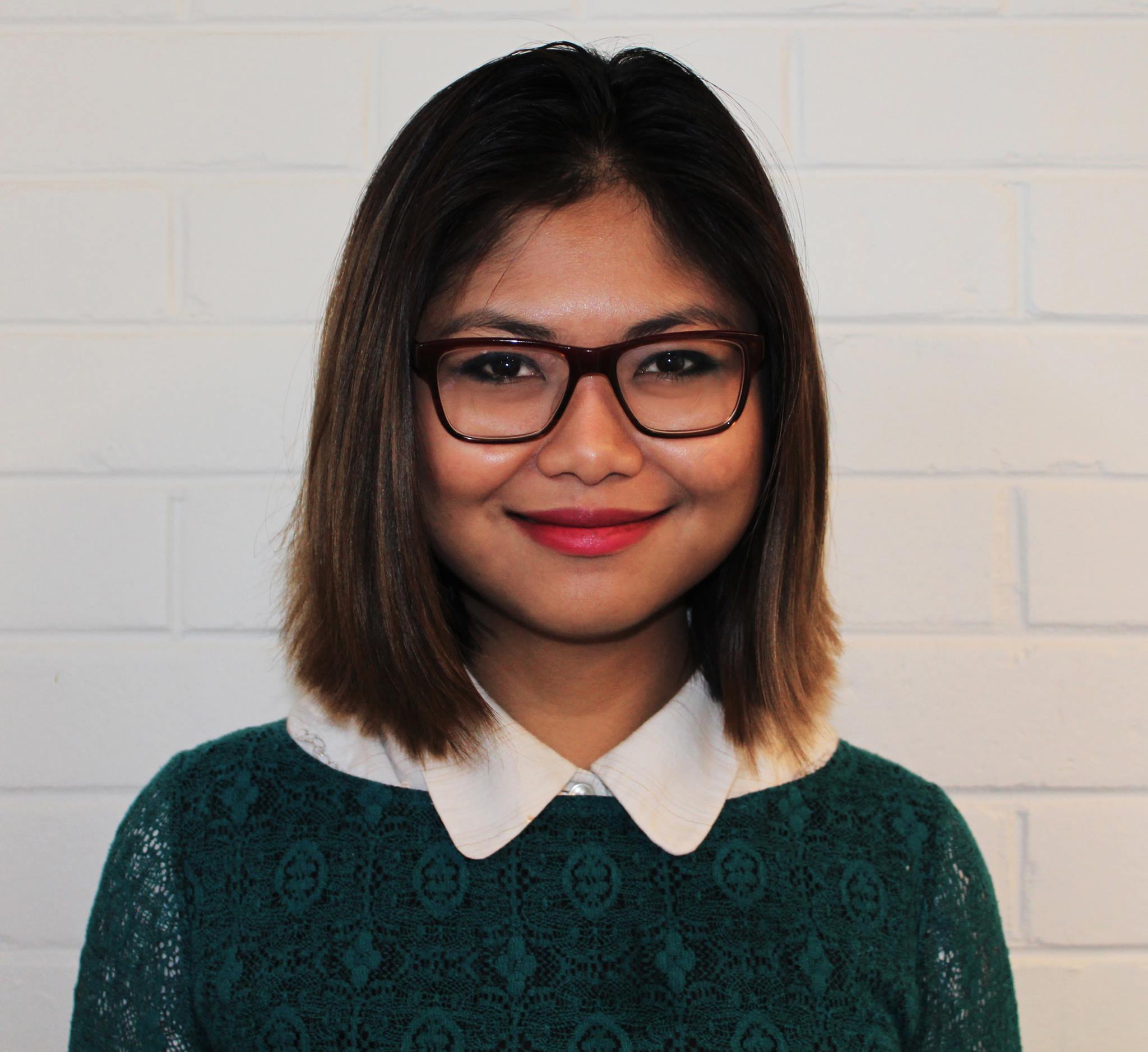 For this month’s e-newsletter, FORUM-ASIA talked with Micheline Rama, co-founder and Director of Dakila, a movement-building organisation from the Philippines and new member of FORUM-ASIA. Micheline has been involved in advocacy and activism since she was a student, and became one of the founding members of Dakila, which brings together artists and individuals to create social transformation. Micheline shared with us about her inspiration and the challenges she faces as a human rights advocate in the Philippines, as well as her message to a new generation of human rights defenders.
For this month’s e-newsletter, FORUM-ASIA talked with Micheline Rama, co-founder and Director of Dakila, a movement-building organisation from the Philippines and new member of FORUM-ASIA. Micheline has been involved in advocacy and activism since she was a student, and became one of the founding members of Dakila, which brings together artists and individuals to create social transformation. Micheline shared with us about her inspiration and the challenges she faces as a human rights advocate in the Philippines, as well as her message to a new generation of human rights defenders.
How did you become involved with human rights? And how did you become involved with FORUM-ASIA?
As a student leader, even in my pre-teen years, I have always been involved in advocacy and activism, without being entirely aware of how the social issues I cared about were rooted in human rights. I was in my junior year at University when I became one of the founding members of my current organisation, DAKILA.
We were in the process of mapping out the identity and strategy for our organisation when human rights emerged as our core concern. That was my formal introduction to human rights work, which became a profession and vocation to which I have devoted my life.
DAKILA’s involvement with FORUM-ASIA was spurred on by our recognition of the importance of solidarity among human rights organisations in Asia, especially given the continuing human rights crisis in the region.
What motivated you to become involved? And has that motivation changed over the years?
‘Do the right thing’ has been the refrain of my conscience, and my consistent motivation over the years. That said, ‘the right thing’ in terms of personal commitment has often changed. It has meant pursuing further education, taking on a leadership role, or passing on skills and knowledge to others. DAKILA has always been about finding creative strategies to address problems, and this agile approach also informs the purpose and direction of the work that I do.
Please, tell us one of the most inspiring moments for you in your work in the past?
The creativity and commitment of the youth and local communities has always been an incredible source of inspiration. One example that stands out, among many, is the ‘Kurdapya Jones’ UnCoal campaign initiated by the DAKILA collective in Cebu City.
We were conducting a national campaign strategy workshop, when our Cebuano members flagged their growing concern over a proposed coal power plant to be erected in the heart of the city. These were young, passionate people, highly creative but fairly new to advocacy work. Instead of letting their relative inexperience dampen their spirits, they decided to focus on their strengths – creativity and community relationships – and designed a campaign to complement the efforts of environmental groups already working on the issue.
In less than a week, they were collaborating with the local community to create a series of funny and engaging videos, explaining to the public how a coal power plant would threaten their health, livelihoods, and communities. These videos were hit, going viral on social media, but more importantly, reaching the very decision makers who would have the power to determine the success or failure of the campaign.
On the day of the city council session where the power plant permit was to be voted upon, our Cebuano campaigners noticed city councillors huddled together, riveted by a something playing on a cell phone. It was their video. The power plant permit was rejected that day.
What do you experience as the main challenges as someone working on human rights? And how do you deal with such obstacles in your work?
The ongoing human rights crisis in the Philippines is a double-edged sword. Not only has the urgency and amount of work increased, given that rights violations skyrocketed under the Duterte administration, attacks on human rights workers have also intensified. It is a toxic combination that often leaves even the staunchest rights defenders weary and disheartened.
In the far too many instances, when challenges seem insurmountable, I remind myself of something that Arthur Ashe said: ‘Start where you are. Use what you have. Do what you can.’ It prompts me to continue to move forward and to fight back. I am also lucky to be surrounded by colleagues and friends who stand with me in this struggle, and lighten the atmosphere with good grace and humour.
If you could give a message to the new generation of people working on human rights or development, what would it be?
Listen, learn, and adapt. Insights into human rights are not just found in hallowed halls and formal reports, you need to go out on the streets and engage the community. Recognise that the ordinary person with everyday lived experiences has expertise on human rights that academics or the policy makers do not possess. Let these insights and experiences inform the work that you do, so that your impact may be deeper and more meaningful.
Innovate and create. Creativity is not just about making things look pretty or sound good. It is rooted in a sense of joy, play, and empathy inherent in humanity. Creativity helps maximise resources and impact by finding a key approach or angle that amplifies your efforts.
Finally, practice radical optimism. Human rights work need not always be grim and determined.
Good luck!


